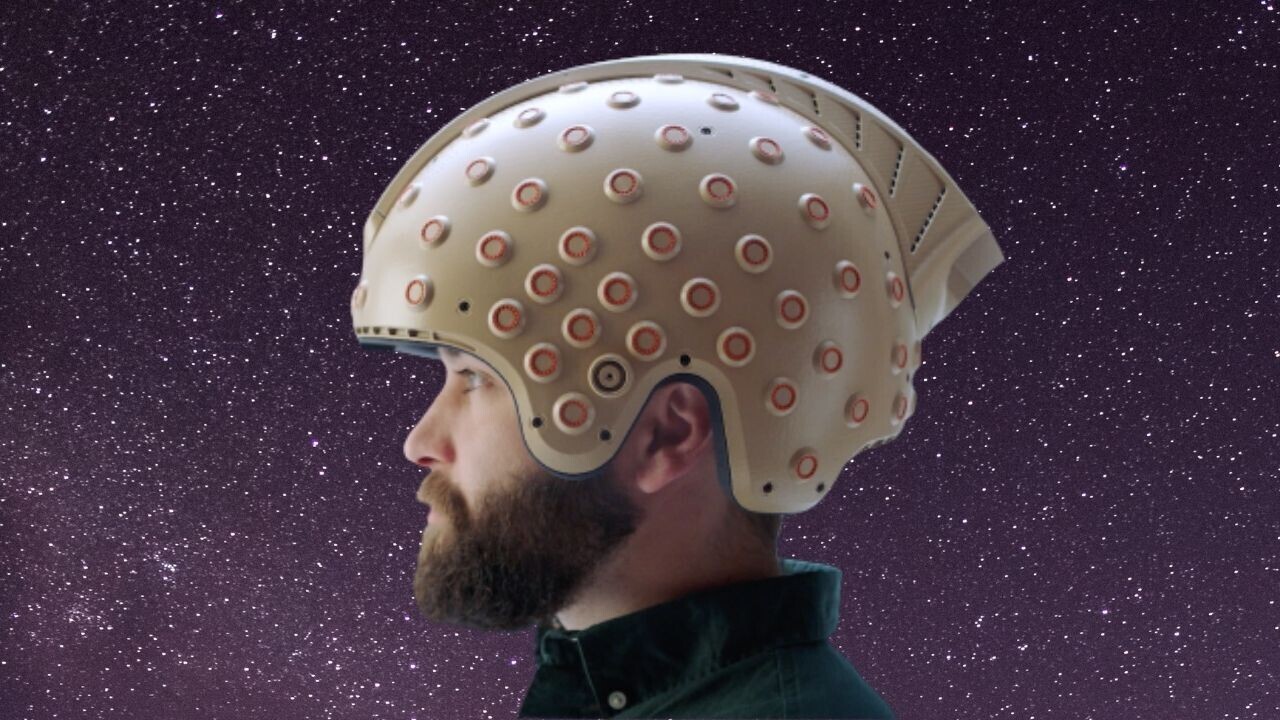
A SpaceX Dragon rocket is due to take off this week with some unusual cargo on board: an EEG headset.
The device will fly to the International Space Station (ISS) for a first-of-its-kind experiment.
The mission? Analyzing the neurological activity of astronauts to understand how microgravity affects the brain.

There is still little known about the effects of space travel on the brain. While astronauts are typically measured for various physiological changes, from heart rate to muscle mass, there is currently no high-quality longitudinal data about neural changes during space missions.
This information could be crucial in understanding how the brain adapts to long-term space travel.
“In future missions, the journeys will last much longer, and the effects of microgravity on the condition of astronauts will have a major impact,” said Yair Levy, the CEO of brain.space, the company behind the device.
“Then we will have a tool that can measure the impact on cognition — and we can invent tools that can regain cognitive capacity during the mission.”
The first step towards this goal is testing the headset on the astronauts of Axiom-1 (AX-1), the world’s first all-private mission to the ISS.

The brain.space system uses electroencephalography (EEG) to pick up tiny electrical signals produced when neurons in the brain communicate with each other. AI then denoises the signals and interprets the data.
Previous neural studies in space used low-resolution gel-based EEG systems, but these were complex to set up and only measured basic brain signals.
Brain.space replaced the gel with a dry system comprised of around 500 sensors that look like tiny brushes. The company says this makes the headset easier to use and more effective.
The device has already taken baseline measurements of the astronauts’ cognition on Earth. Upon arrival at the ISS, the system’s software will be set up on a laptop at the space station.
Each of the three crew members will then wear the device for three 20-minute periods spread across the eight-day mission. Data collected in orbit will be transferred to brain.space and Ben-Gurion University researchers after each session for analysis.
After the astronauts return to Earth, the same experiments will be performed to assess the after-effects of microgravity.
Brain.space was initially founded to analyze neurological activity during treatment for brain injuries.
Ultimately, the company wants to develop a big data platform that researchers, developers, and medical practitioners can use to integrate brain activity into their products and services.
The company hopes the ISS experiment will join the list of space projects that have improved life on Earth. But for now, it’s focused on preparing our brains for long-term space travel and off-world living.
Get the TNW newsletter
Get the most important tech news in your inbox each week.





